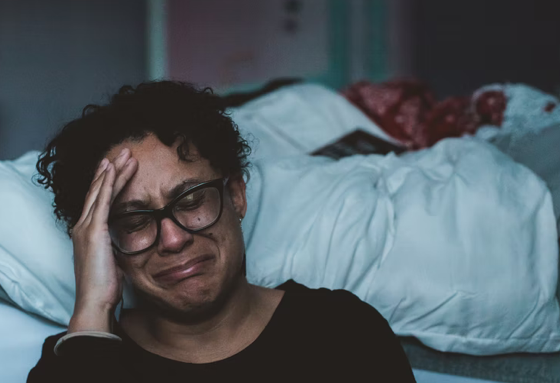What is cognitive behavioral therapy for misophonia? According to a 2021 study published by Depression and Anxiety, Jager and colleagues conducted a controlled trial to evaluate the results of misophonia with cognitive behavioral therapy. Their findings were remarkable and surprising. Before understanding the results of the study, let’s understand what cognitive-behavioral therapy is.

(Source)
What is Cognitive Behavioral Therapy?
Cognitive-behavioral therapy is an effective treatment for a wide range of psychological disorders. People with depression, marital problems, and anxiety found this treatment effective. Moreover, CBT is helpful for patients with drug dependency, severe mental issues, and eating disorders. Numerous studies suggest that CBT has remarkable effects to improve quality of life. The treatment improves the body’s functionality and reduces symptoms of mental illness. Studies also suggest that CBT is more effective than other psychological treatments and psychiatric medications.
After scientific evidence and research, experts claim that CBT is an effective treatment process that helps with many psychological problems. With the help of CBT, people suffering from mental diseases can cope with the symptoms and start a healthy life.
What is Misophonia?
Misophonia is a mental condition wherein a patient can’t tolerate a certain sound. These sounds include sniffing, heavy breathing, sighing, and slurping. When a person suffering from misophonia hears the triggering sound, they lose control and show their aggression. They find the sound so irritating that it triggers their fight and flight response.
Misophonia symptoms are different from person to person. Some find chewing sounds more irritating than slurping sounds. Meanwhile, other finds both these sounds normal find the pen clicking sound triggering. Usually, the triggering sound for misophonia is repetitive that the patient can’t just ignore them.
People with misophonia develop a severe emotional reaction to the sound. They find the sound discomforting, anxious, and stressed. That is why they show aggression to stop that sound. The actual reason for this disorder is unknown due to a lack of research. But, many experts predict that misophonia can be a symptom of other underlying conditions that triggers their behavioral responses.
The symptoms of misophonia are mental as well as physical. For instance, a person during the triggering condition experiences increased heartbeat, slowed breathing, and excessive sweating. This indicates that there is something related to mental and physical reactors in the body.

(Source)
Cognitive Behavioral Therapy for Misophonia
Now let’s return to the study and how it explains the importance of CBT for misophonia:
Methods
Experts recruited participants suffering from misophonia from the outpatient clinic. They diagnosed the patients with the condition and stated the diagnostic criteria. They used the same criteria that helped with proposing Schroder et al. The criteria include taking drugs while the psychiatrists consistently diagnosed the participants. They assess their level of depression, anxiety, and other bipolar diseases such as bipolar disorder, autism, and schizophrenia.
The program includes various activities such as stimulus manipulation, concentration exercises, and stimulus management. Furthermore, the team evaluates the arousal change, develops concentration, and learns a new technique to enjoy life to the fullest.
The study continued for about seven weeks, wherein they conducted psychomotor therapy and psychotherapy. After the study, the experts contacted the participants for a three-week follow-up session.
According to the primary outcomes, the patient started to reduce misophonia symptoms. Meanwhile, the secondary result focused on mental and physical conditions.
Cognitive Behavioral Therapy CBT for Misophonia: Conclusion
Are you suffering from misophonia and think that cognitive behavioral therapy may help? If yes, then you should consult with a specialist in this type of disorder. Stephen Geller Katz is one of the top specialists in the world treating patients to reduce the symptoms of misophonia.
For more information or an appointment, contact Dr. Katz today at 646-585-2251.
